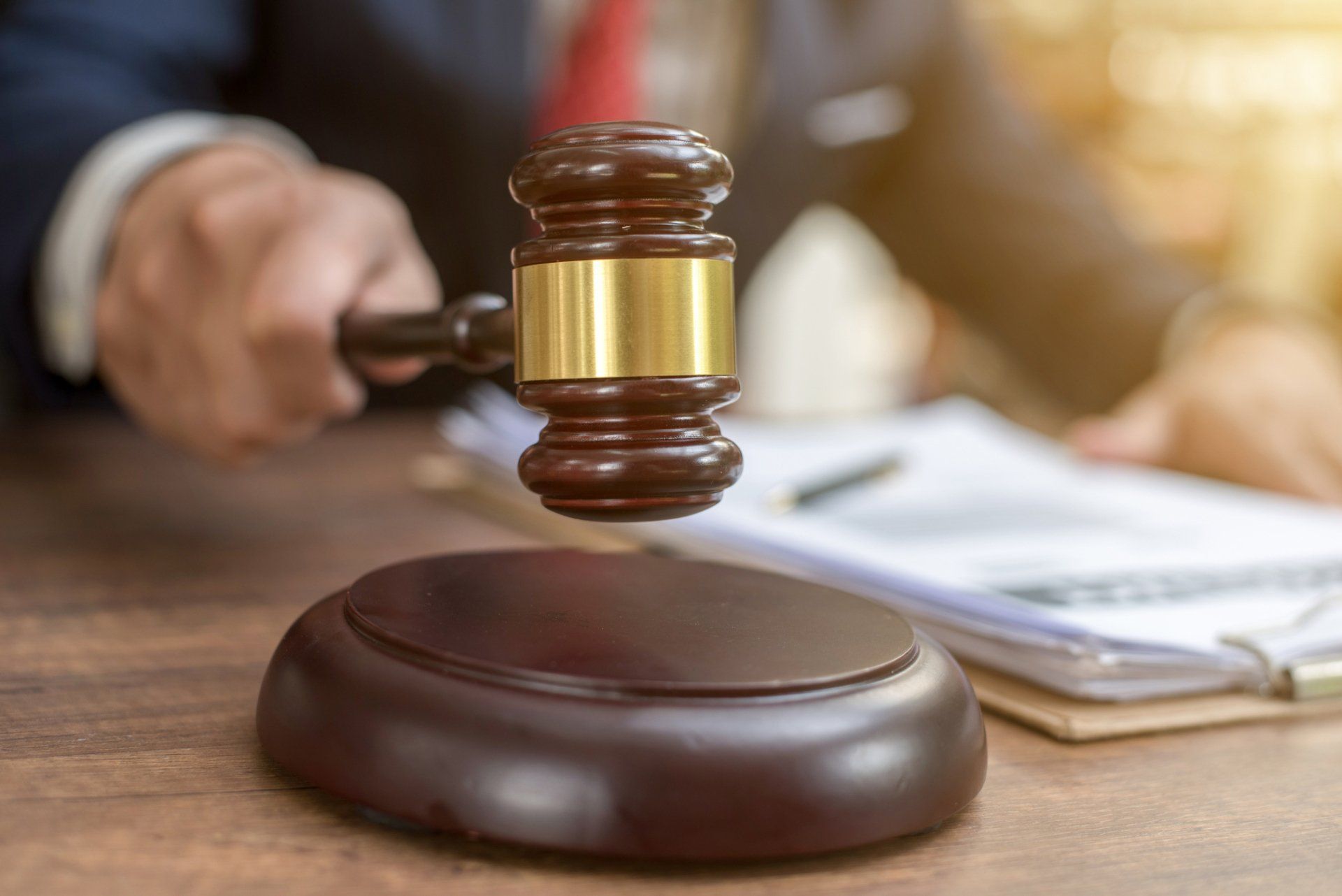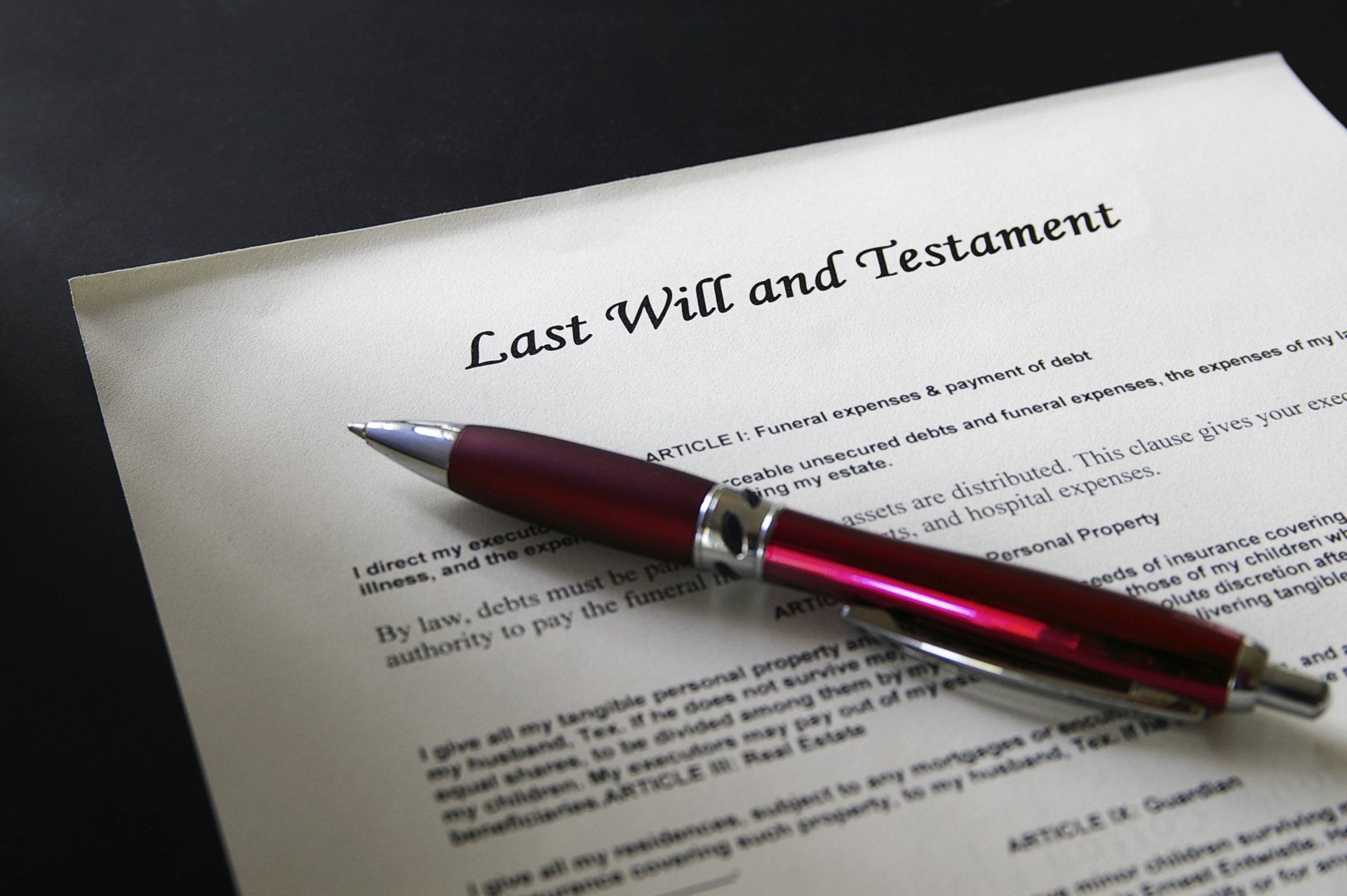ADDRESS: 3900 Newpark Mall Road 3rd Floor Newark, CA, 94560 | EMAIL: daniel@kisnerlaw.com
CALL US FOR A CONSULTATION
(510) 791-5790
Blog Layout
How Does Your Mortgage Affect Estate Planning?
Admin • Jun 04, 2021

Do you have a mortgage on a primary or secondary home that you want to leave to your heirs? If so, you may wonder how that mortgage impacts your estate planning. To help you and your heirs have the smoothest transition possible when you pass away, here are a few answers to your questions.
Can a Mortgaged Home Be Left to Heirs?
First, the mortgaged property can indeed be included in your estate plans. And in fact, it should be included no matter whether you want the home to be sold or kept by heirs.
The only difference between a mortgaged home and any other asset in your estate plan is that the heirs must deal with the loan as well. You may make your own arrangements within the estate plan for managing the loan or you may choose to let your heirs make their own choices.
What Happens to Your Mortgage When You Die?
Signing a mortgage contract only obligates the listed borrower(s). No one else, including heirs or family members who didn't sign the loan, must continue to make payments. If no one does make the payments, the property will simply go into standard foreclosure and the loan will end.
However, when a borrower passes away, the heirs have a few choices about how to continue the loan. They (or your estate) may keep making payments while the house is put on the market. Some mortgages also allow an heir to take over the loan and keep the property. And heirs may always take out a new loan and pay off your mortgage, keeping the home.
How Do Reverse Mortgages Impact Estate Plans?
Do you have or plan to get a reverse mortgage? These special mortgage arrangements can be great for seniors because they shore up a retiree's finances through monthly income. But when the person passes away, that mortgage debt becomes due - usually all at once. This can be a surprise to heirs.
Generally, those who inherit property with a reverse mortgage sell the home and pay off the mortgage. They may also choose to refinance it in their own name(s), pay off the reverse mortgage, and keep the property. Anyone with a reverse mortgage should speak with their heirs about the mortgage and their options.
Should You Use a Special Purpose Entity?
One good way to ensure continuity within your estate is to place certain assets into a special entity designed just for them. Many people use a trust for their home, for example. You would create a trust with yourself as the trustee and a backup trustee. Transfer the real estate into the trust and make payments on the mortgage as normal.
When you pass on, the trust would continue to make the payments for as long as you have arranged. You could let heirs live in the home while the trust owns it or just use the trust to manage the home and mortgage during the transition. Other business entities - including an LLC or S Corporation - can also protect mortgaged real estate in similar ways.
How Can You Ensure Heirs Receive the Full Value?
How can you ensure that your leveraged home doesn't become a burden to heirs or that they receive the full value of the asset? A common planning tool is a life insurance policy that remains in force as long as the mortgage does. When you pass away, the life insurance policy is used by your estate, trust, or heirs to pay off the remaining debt. You may also leave sufficient non-real estate assets to cover it.
Where Should You Start?
The best way to learn more about handling a mortgaged property is to consult with an experienced estate planning attorney in your state. You have many options, so seek out guidance to help you understand all of them. Kisner Law Firm
has assisted California residents with all their estate planning needs for more than 40 years. Call today to get started on your own.
01 Apr, 2023
A will is a document that guarantees that your wishes will come true after you pass away. Here are some mistakes you should avoid when crafting your will.
06 Dec, 2022
If you are diagnosed with Alzheimer's or dementia, the condition may affect your decision-making abilities. See how to estate plan with these conditions.
By Admin
•
02 Jun, 2022
With estate planning, you say who gets what and how to manage your affairs in your absence. Read this blog to learn further benefits of estate planning.
By Admin
•
07 Apr, 2022
Many wills go uncontested, but some issues may arise for certain wills. Read our blog to learn more about how to avoid a will contest.
By Admin
•
18 Oct, 2021
Many small businesses may encounter times when it is difficult to collect outstanding debts. Learn more about how to handle this situation.
By Admin
•
04 Aug, 2021
To help you decide whether to — and how to — deploy trusts in your estate plan, discover some answers to your questions about trusts.
PHONE: (510) 791-5790 | EMAIL: daniel@kisnerlaw.com
ADDRESS: 3900 Newpark Mall Road 3rd FloorNewark, CA, 94560
HOURS OF OPERATION:
- Mon - Fri
- -
- Sat - Sun
- Closed






Content, including images, displayed on this website is protected by copyright laws. Downloading, republication, retransmission or reproduction of content on this website is strictly prohibited. Terms of Use
| Privacy Policy




